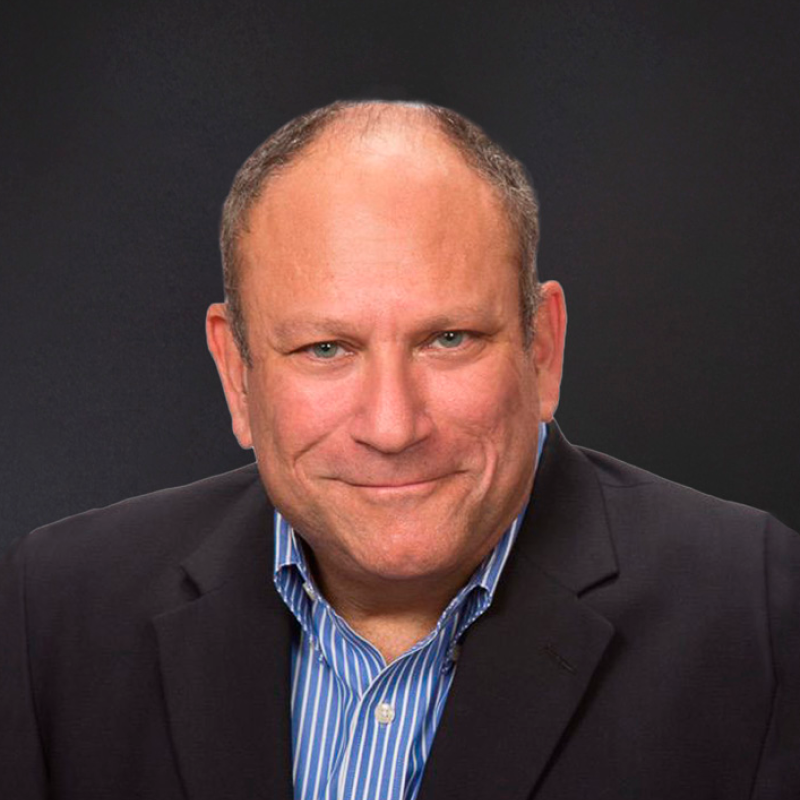Dan Gilman on AI and Health Care
ICLE Senior Scholar Daniel J. Gilman was quoted by Deseret News in a story on the role that artificial intelligence is increasingly playing in the health-car sector. You can read the full piece here.
“I am excited about the technology,” said attorney Daniel J. Gilman, senior scholar at the International Center for Law and Economics, a nonpartisan, nonprofit research center based in Portland, Oregon. “I think we’ve seen that as long as it is introduced and used in a careful and responsible fashion, AI seems to have tremendous promise.”
…Gilman said AI imaging refinements now do a more sophisticated job than human eyes alone to discern noise in an image without introducing artifacts or losing information. Another strength is “signal detection — finding things with better images that a time-pressed radiologist might miss with a quick scan and the naked eye.”
…It’s hard to overestimate the value, though, of AI trained on millions of images to free up the physician’s time by going through the entire image workload to flag those needing attention. And AI can regularly review to see what might have been missed. “The radiologist, the physician, the oncologist is not eliminated. What’s eliminated is a big pile of time they spend staring at these things. They’re still going to stare at images, but they’re going to stare at the ones that really need attention,” Gilman said. “A considerable amount of the workload is shifted so the practitioner’s involvement is much more efficient.”
…Fortunately, many of AI’s advantages reduce both time drag and administrative costs, “which have become staggering in health care,” per Gilman.
…Gilman warned it’s important to have a system on the back end in health care for “evaluation and scrutiny, to make sure things are going as they should and that there are ways to intervene if you’re getting anomalous results. I don’t think there’s anything fundamentally strange about that; you’re always balancing,” he added, noting that with drug approval, for instance, there’s a terrific amount of testing beforehand, but also ongoing surveillance so problems can be reported if they arise after a drug is approved.
“You want real and serious checks on the quality of the tools you’re using, whether those are medical devices or drugs or software,” said Gilman. “By the same token, you don’t want to be so careful you impede patient access to care. You have to balance being high quality and efficient.”
…Still, experts who use AI see more benefits than problems. Gilman thinks “some of the dire worries that people talk about outside the health care sector seem to flirt with science fiction.” Inside the realm of health care, though, he has two concerns: quality control and data security. Being able to transmit data ever further offers advantages like connecting a physician in a very small town with a network of specialists at a big medical center. But that comes with security risks.
“To me, risks are risks to manage; they’re not big. I don’t have any grand science fiction fears for AI in health care. But that doesn’t mean I know what the future will look like in 20 years. Thus far, I can see some very useful applications,” he said.





